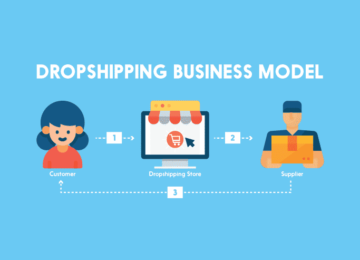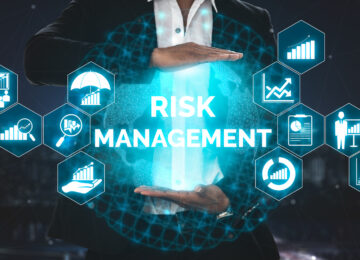Choosing to become a Certified Public Accountant is a commendable goal. The path to achieving this status requires dedication and a clear understanding of the steps involved. If you aspire to be a CPA in Lynchburg, VA, there are a few key stages you need to complete. First, focus on acquiring the right education. This usually involves earning a bachelor’s degree in accounting or a related field. Next, you’ll need to pass the rigorous CPA exam, which assesses your knowledge and skills. Finally, gaining relevant work experience is crucial. Most states require candidates to complete a certain number of hours under the supervision of a licensed CPA. Along the way, you’ll also need to stay updated on continuing education requirements to maintain your certification. By following these steps, you can navigate the path to becoming a CPA with confidence and clarity.
Step 1: Education
Education is the foundation of your CPA journey. Most candidates start by earning a bachelor’s degree in accounting. Some states might require additional coursework in areas like business or ethics. It’s important to research what your specific state requires. Typically, you will need a minimum of 150 semester hours of education. This is often more than a standard bachelor’s degree provides, so consider enrolling in a master’s program if necessary. Institutions like Liberty University offer programs that can help you meet these requirements. This stage is crucial because it lays the groundwork for the knowledge you will need for the CPA exam.
Step 2: The CPA Exam
The CPA exam is a significant hurdle on your path. It consists of four sections: Auditing and Attestation, Business Environment and Concepts, Financial Accounting and Reporting, and Regulation. Each section tests different skills and knowledge areas. You must pass all four sections within an 18-month window. Preparing for this exam requires dedication and effective study strategies. Many candidates use review courses to guide their preparation. Passing the exam is a major achievement and moves you closer to your CPA goal.
| CPA Exam Section | Focus Area | Duration |
|---|---|---|
| Auditing and Attestation (AUD) | Audit Process, Assurance Service | 4 hours |
| Business Environment and Concepts (BEC) | Business Concepts, Communication | 4 hours |
| Financial Accounting and Reporting (FAR) | Financial Reporting Frameworks | 4 hours |
| Regulation (REG) | Taxation, Ethics, Law | 4 hours |

Step 3: Gaining Experience
Experience is the practical component of your CPA preparation. Most states require you to complete one to two years of accounting experience under a licensed CPA. This experience helps to apply your knowledge in real-world scenarios. It also teaches you valuable professional skills. Look for opportunities in accounting firms, corporations, or government agencies. Ensure that your experience meets the requirements set by your state’s board of accountancy. This step is as critical as passing the exam because it shapes your future career as a CPA.
Step 4: Licensure and Continuing Education
Once you’ve passed the exam and gained the necessary experience, the next step is to apply for your CPA license. This involves submitting your exam scores, proof of experience, and any other required documentation to your state board. After obtaining your license, staying informed about continuing education requirements is crucial. CPAs must maintain their knowledge by completing continuing professional education (CPE) hours each year. This ensures you stay current with changes in laws and accounting practices. It’s an ongoing commitment that underscores the professionalism of the CPA designation.
Conclusion
Becoming a CPA is a journey that combines education, examination, experience, and ongoing learning. Each step requires careful planning and execution. By understanding these stages, you can prepare effectively and achieve your goal of becoming a CPA. If you are aiming to be a CPA, these guidelines will help you on your path. Remember, the CPA designation is not just a title. It represents a commitment to excellence in the field of accounting and finance.












